by Emiko Hayashi
What are clefs in Music? How do I read the notes? Music is usually notated using the Staff – five horizontal lines on which musical notes lie. The lines and the spaces between the lines represent different pitches (ie. notes) We use Clefs to tell us which notes correspond to which lines. The most common clefs are the Treble Clef and Bass Clef but we also use Alto Clef and Tenor Clef.
The Treble Clef, also called the G Clef curls around the 2nd line of the staff, showing the pitch G to be the note on the second line. 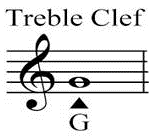
This simply means that starting from G, we can figure out the other notes on the staff using the sequence of G, A, B, C, D, E, F, and G as shown below.
The Bass Clef is also called an F-clef, wraps around the highest F note on the bass staff.
Starting from F, we can figure out the other notes on the staff using the sequence of F, G, A, B, C, D, E, and F as shown below.
The note names in Bass Clef are:
The most common instruments that uses bass clef are:
Cello, Euphonium, Double Bass, Bass Guitar, Bassoon, Contrabassoon, Trombone, Baritone Horn, Tuba, and Timpani.
The Alto Clef has two curves that meet in the center. The line on the staff where these curves meet is the note C. Thus the clef is also known as C Clef for this reason.
Starting from C, we can figure out the other notes on the staff using the sequence of C, D, E, F, G, A, and B as shown below:
The note names in Alto Clef are:
The most common instrument that uses Alto Clef is Viola.
Tenor Clef is very similar to Alto Clef. It also has two curves that meet in the center, but it is positioned on the 2nd line from the top and that becomes the note C.
Starting from C, we can figure out the other notes on the staff using the sequence of C, D, E, F, G, A, and B as shown below.
The note names in Tenor Clef are:
The most common instruments that uses Tenor Clef are: Bassoon, Trombone, Cello, and Tuba (sometimes).


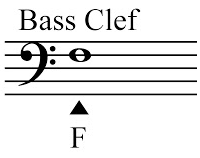

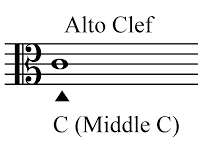

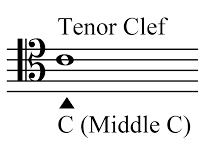

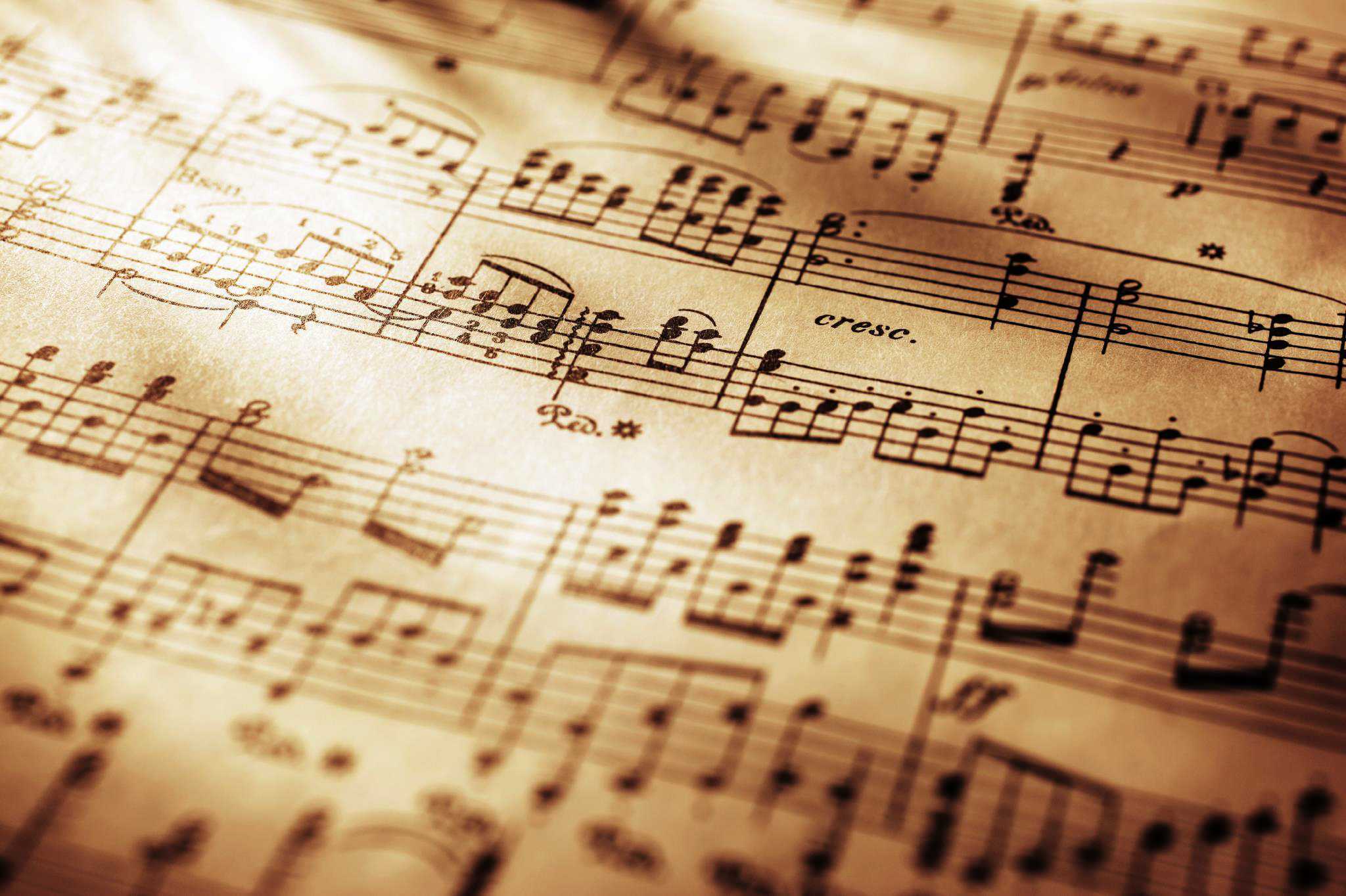
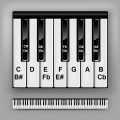

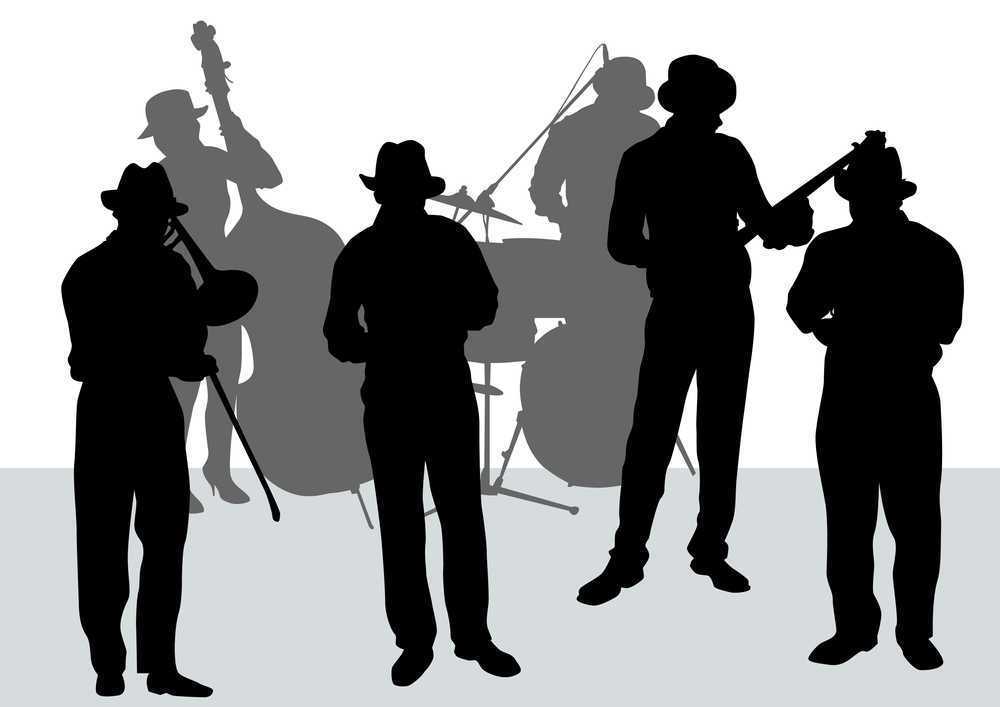
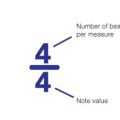
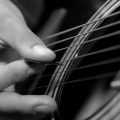
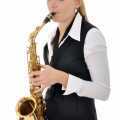
As a school-trained trombonist, I never had ANY exposure to anything other than bass clef until my senior year in high school. At that point the sight of a tenor clef was terrifying to me. I see all these weblogs with people talking about how easily they read all these clefs and it is clear to me that they had training in them much earlier than I did because all these years later I still struggle with them. I’ll take bass clef 8va over anything else, any day….
So, to make my point, any young person wishing to become a proficient trombonist someday MUST enroll in private instruction with an emphasis on clefs and how to properly transition between them. All the instruction should be in other clefs and leave the bass clef to the school’s music. They don’t teach all these clefs in school music programs and for trombonists they are mandatory. Any trombonist in the real world is expected to be able to sight-read music in four different clefs- treble, alto, tenor, and bass. Learning to read these clefs should start at the beginning of a trombonist’s training and continue throughout.
I would further suggest taking trumpet lessons using your trombone since being able to read transposing treble is also essential. Anyone who tries to play trombone in a Salvation Army brass band without that skill under their belt is in for a rude awakening. Their music is pretty much written for trumpet players with the intention that they can double on any instrument needed. Only bass trombone uses bass clef in their world.
You better marry that trombone because getting to be really good at it takes a lot more study in a lot more areas than most other musical instruments. You won’t have time for much else.
Wow Mr Hunter, thanks for the detailed and well-reasoned advice. It is very good of you to try to set beginners on the most effective study path early on, based on your own experience.
Though I am not a student of trombone but rather of guitar–and an older one at 55!–it means a lot to me when I can find guidance on efficient methods for acquisition of skills.
I want to play well, jam with others in the jazz tradition, and write in retirement.
As we venture more deeply into musical literacy, I will ask my own private teacher how to adapt your observations for our purposes.
Thanks again for having taken the time to try and make the lives of fledgling players (with the goal of true proficiency) a bit easier.
Hi i am (Handicaped) Markjr and the Music clef made no sence whhat so ever , please explain it again in English not Cursive
Whatever instrument you play, get yourself a book of Bach chorales notated all in C clefs (soprano, alto, tenor, baritone), and practice the lines separately and (if you play a keyboard instrument) together. This is what I did when I took piano lessons in college, almost 50 years ago. Fluency in the C clefs is as rare as fluency in classical Latin and Greek — and just as desirable. I haven't achieved it, and probably never will, but it's on my bucket list. :)